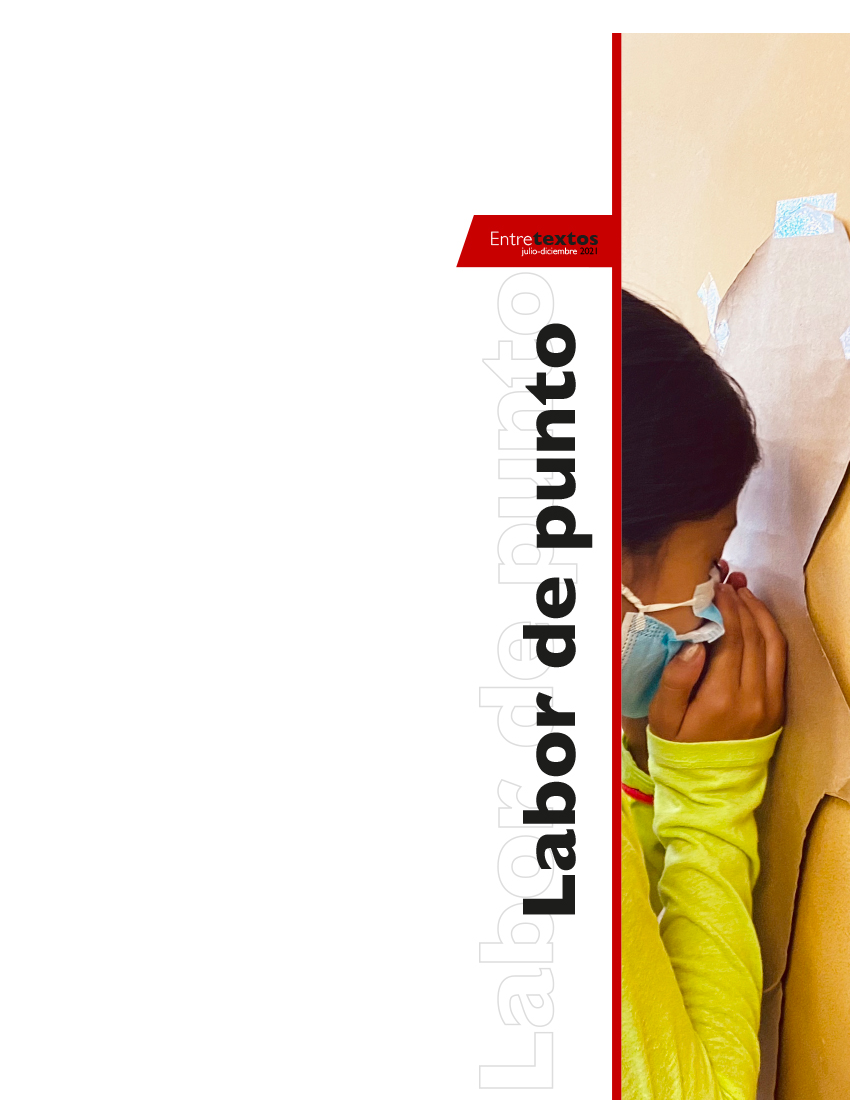The emergence of the third space
Intercultural education and Tzotzil families in Leon, Guanajuato
DOI:
https://doi.org/10.59057/iberoleon.20075316.202137524Keywords:
indigenous migration, working children, children’s rights, tzotzil families, non-formal educational spacesAbstract
This research presents the management of a non-formal educational space for Tzotzil migrant children in León, Guanajuato. From this experience, the phenomenon of indigenous pendular migration that takes place in this city is considered. These temporary displacements are intended to generate an economic income for these indigenous communities and to maintain contact with the culture from which they come; however, these experiences not only pose dilemmas from the paradigm of interculturality but also from the jurisdictional point of view, since Mexico -being made up of diverse cultures- coexists with multiple normative orders. For this reason, many native peoples have found in temporary migration and informal employment a way to gain autonomy from the practices of the Mexican State; in spite of this, their labor activity may be penalized, since their notion of education is not represented in the country’s institutions either. Their capacity for agency, therefore, is reduced; it is necessary, in order to help expand it, to defend the rights of children who move away from the imposed patterns. This is the purpose of pedagogical praxis in everyday informal spaces.
Downloads
References
Bhabha, H. (2002). El lugar de la cultura. Ediciones Manantial.
Bhabha, H. (2013). Nuevas minorías, nuevos derechos: Notas sobre cosmopolitismos vernáculos. Siglo Veintiuno editores.
de Sousa Santos, B. (2003). Crítica de la razón indolente contra el desperdicio de la experiencia. Desclée de Brouwer.
Esteva, G. (2012). La convivialidad y los ámbitos de comunidad: claves del mundo nuevo. Crítica. Palapa Editorial.
Esteva, G. (2021, 15 de junio-18 de julio). Friendship, Hope and Surprise – The Keys for the New Era [conferencia inaugural]. Octavo Foro Sur-Sur sobre Sostenibilidad. La política de la esperanza: la resiliencia y la resistencia de la gente en tiempos catastróficos, Universidad de Lingnan, Hong Kong. https://our-global-u.org/oguorg/en/ssfs8-readings/.
Freire, P. (2011). Pedagogía de la esperanza. Un reencuentro con la pedagogía del oprimido. Siglo Veintiuno Editores.
Gómez, A., Ahualli, M. y Pzellinsky, R. (2013). Si jugamos juntos ganamos todos. UNICEF. https://www.unicef.org/argentina/media/2296/file/Si%20jugamos%20juntos.pdf.
González, G. y Tornel, C. (2022). Bajo el volcán. Convivencialidad y comunalidad desde Gustavo Esteva y Jaime Martínez Luna. Epikeia, 44, 1-18. https://epikeia.leon.uia.mx/numeros/44/bajo-el-volcan-convivencionalidad-y-comunalidad.php.
Illich, I. (1974). La Convivencialidad. Barral Editores.
Levinás, E. (2015). Ética e infinito. Editorial Antonio Machado.
Martínez Luna, J. (2016). Conocimiento y Comunalidad. Bajo el Volcán, 15(23), 98-112. http://www.apps.buap.mx/ojs3/index.php/bevol/article/view/1289/907.
Mejía Pérez, R. F. (2021). Niñez indígena trabajadora migrante en contextos urbanos: participación, poder y resistencia, Lihnas Críticas, 27. https://www.redalyc.org/journal/1935/193567258039/html/.
Navarro Valtierra, C. A. (2008). Los Barrios de León: San Francisco del Coecillo. Ediciones del Archivo Histórico Municipal de León. https://issuu.com/archivo-historico-leon/docs/san_francisco_del_coecillo_tr.
Sandoval, R. y Magaña, C. (2018). Familia Tzotziles en León: Sondeo sobre su dinámica de trabajo de calle [manuscrito no publicado]. Universidad Iberoamericana León.

Published
How to Cite
Issue
Section
License
Copyright (c) 2021 Entretextos

This work is licensed under a Creative Commons Attribution-NonCommercial 4.0 International License.




